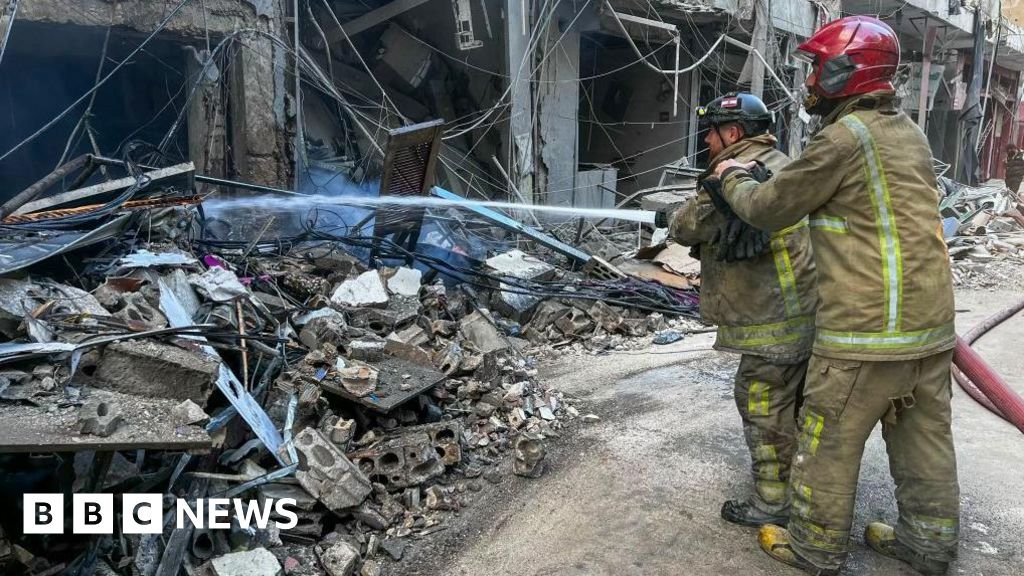The Lebanese government says any deal must be based on United Nations Resolution 1701, which ended the 2006 war between Hezbollah and Israel. The resolution calls for the removal of the group’s fighters and weapons in areas between the “blue line” – the unofficial border between Lebanon and Israel – and the Litani River, about 30 km (20 miles) from the border with Israel.
The potential deal would likely include the deployment of additional Lebanese army troops to the area and a mechanism to monitor its implementation, although details remain unclear.
Israel, however, wants the right to act in Lebanon if the agreement is violated. There is no indication that Hezbollah or the Lebanese government is willing to accept such a demand.
Hezbollah has been severely weakened after two months of intense airstrikes that destroyed large parts of its infrastructure and killed many of its leaders. But after the initial shock, the group appears to have regrouped, analysts say, and continues to carry out daily attacks in northern Israel, though not with the same intensity.
Speaking in Beirut during a visit by Ali Larijani, a senior adviser to Iran’s supreme leader, Prime Minister Najib Mikati said the Lebanese government’s priority was to achieve a ceasefire and implement resolution 1701 “in full, without any amendments or interpretations that differ from the content of the resolution and its provisions.” He added that talks were ongoing to try to reach an “understanding”.

